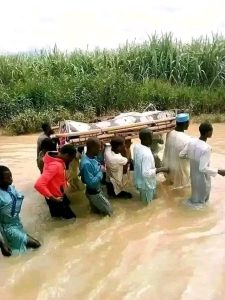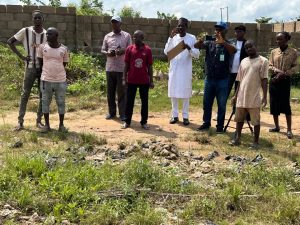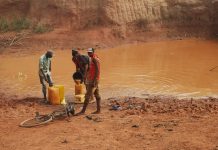By ibrahima yakubu
The Registrar of the African Institute of Waste Management and Environmental Studies (AIWES), Dr. Ahmed Abdulteef Taye, has expressed deep sympathy to Nigerian farmers and communities affected by the devastating 2025 flood disaster.
In a press statement issued to the media, Dr. Tayo extended his heartfelt condolences to all those who suffered losses due to the floods, which destroyed homes, farmlands, and claimed numerous lives across several states.

“On behalf of the African Institute of Waste Management and Environmental Studies, I offer our deepest condolences to all affected farmers and residents, particularly those along riverbanks who lost their crops, properties, and livelihoods,” he said.
“We mourn with the families who lost loved ones in this tragic disaster and pray that the souls of the departed find eternal peace. May Allah grant strength, patience, and healing to the bereaved families and their communities.”
Dr. Tayo emphasized that the Institute stands in full solidarity with local farmers and rural communities whose agricultural efforts were wiped away by the floods.
He described the event as a major setback to food security and environmental sustainability in the affected regions.
He also commended the selfless work of emergency responders, local rescue teams, and volunteers who acted swiftly to save lives and support displaced individuals.

“We sincerely appreciate the dedication of all rescue workers and volunteers who risked their lives to assist during the flood crisis. May Allah reward their efforts abundantly,” he added.
Looking ahead, Dr. Tayo urged farmers especially those living near riverbanks—to begin early preparations for the dry season, adopt climate-smart farming practices, and work with environmental experts to mitigate future risks.
He also applauded the efforts of African Climate Reporters (ACR)for their continued work in raising awareness on critical environmental issues such as desertification, deforestation, global warming, and other climate-related challenges affecting Nigeria and the continent at large.



















